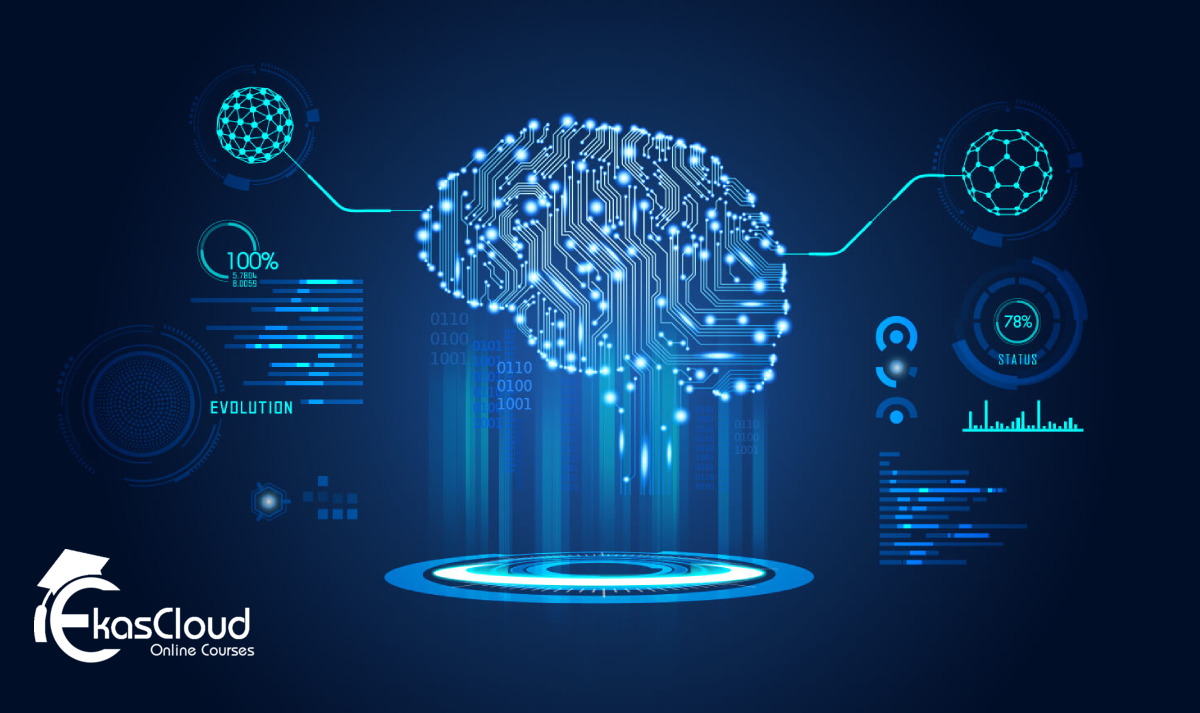
In the rapidly evolving digital landscape, the convergence of machine learning (ML) and artificial intelligence (AI) has unlocked unprecedented opportunities for businesses and individuals alike. Microsoft Azure, the cloud computing platform from Microsoft, has emerged as a powerful ecosystem that democratizes these technologies, enabling developers, data scientists, and enterprises to harness the potential of ML and AI for driving innovation, gaining insights, and enhancing decision-making.
Azure's ML and AI Services
Azure offers a comprehensive suite of services that cater to every stage of the ML and AI lifecycle. These services are designed to empower users, whether they are beginners in the field or seasoned experts, with tools and resources that simplify development, training, deployment, and management of ML and AI models.
-
Azure Machine Learning: At the heart of Azure's ML offerings is the Azure Machine Learning service. It provides a platform for building, training, and deploying ML models using a variety of frameworks and languages. The service supports both code-first and no-code approaches, ensuring that developers of all backgrounds can participate in ML projects.
-
Azure Cognitive Services: For those looking to integrate AI capabilities into their applications without extensive ML expertise, Azure Cognitive Services offers a range of pre-built AI models. These models cover areas such as vision, speech, language, and decision-making, allowing developers to add advanced functionalities like image recognition, sentiment analysis, and language translation.
-
Azure Databricks: Azure Databricks is a collaborative analytics platform that combines Apache Spark-based big data analytics with ML capabilities. It provides an environment for data preparation, ML model training, and deployment, enabling organizations to derive insights from large datasets.
-
Azure AI Infrastructure: Azure's infrastructure services, such as virtual machines, GPU instances, and high-performance computing clusters, provide the computational power needed for training complex AI models. This scalability ensures that AI workloads can be executed efficiently and cost-effectively.
Use Cases of Azure ML and AI
-
Predictive Analytics: Organizations can leverage Azure's ML capabilities to develop predictive models that forecast business trends, customer behavior, and demand patterns. For example, retailers can use ML algorithms to anticipate customer preferences and optimize inventory management.
-
Natural Language Processing (NLP): Azure's NLP offerings enable sentiment analysis, language translation, and chatbot development. Businesses can improve customer interactions and automate support processes using AI-powered chatbots that understand and respond to human language.
-
Computer Vision: Azure's computer vision services allow the analysis and interpretation of visual content, enabling applications like autonomous vehicles, medical image analysis, and quality control in manufacturing.
-
Anomaly Detection: Industries such as finance and cybersecurity benefit from ML models that detect anomalies in data, helping to identify fraudulent activities and potential security breaches.
-
Recommendation Systems: E-commerce platforms and media streaming services can employ Azure's ML algorithms to build recommendation systems that enhance user experiences by suggesting relevant products or content.
Azure's Approach to Ethical AI
As AI and ML play increasingly significant roles in decision-making, concerns about bias, transparency, and ethics have come to the forefront. Azure is committed to responsible AI development through its "AI for Good" initiative. It encourages the development of AI solutions that address global challenges, from healthcare to environmental sustainability, while ensuring fairness, transparency, and accountability.
Azure's Fairlearn toolkit helps developers identify and mitigate biases in ML models, promoting ethical decision-making. Additionally, the Responsible AI toolbox provides resources and best practices for building AI systems that align with ethical guidelines.
Real-World Success Stories
-
Airbus: Airbus uses Azure's AI capabilities to process and analyze data from aircraft sensors. This enables predictive maintenance, reduces downtime, and enhances flight safety.
-
Frost & Sullivan: The market research firm utilizes Azure's ML services to analyze and predict trends in its industry, providing clients with valuable insights for strategic planning.
-
ZF Group: The automotive supplier uses Azure's ML models to develop predictive maintenance solutions for vehicles, ensuring optimal performance and reducing maintenance costs.
Conclusion
Microsoft Azure has revolutionized the landscape of machine learning and artificial intelligence by providing accessible tools and services that cater to diverse user needs. From predictive analytics to computer vision, Azure empowers organizations to leverage AI and ML for innovation and informed decision-making. As the world continues to embrace the transformative potential of AI, Azure stands as a testament to how cloud computing can drive the democratization of cutting-edge technologies, making them accessible and beneficial to all.







